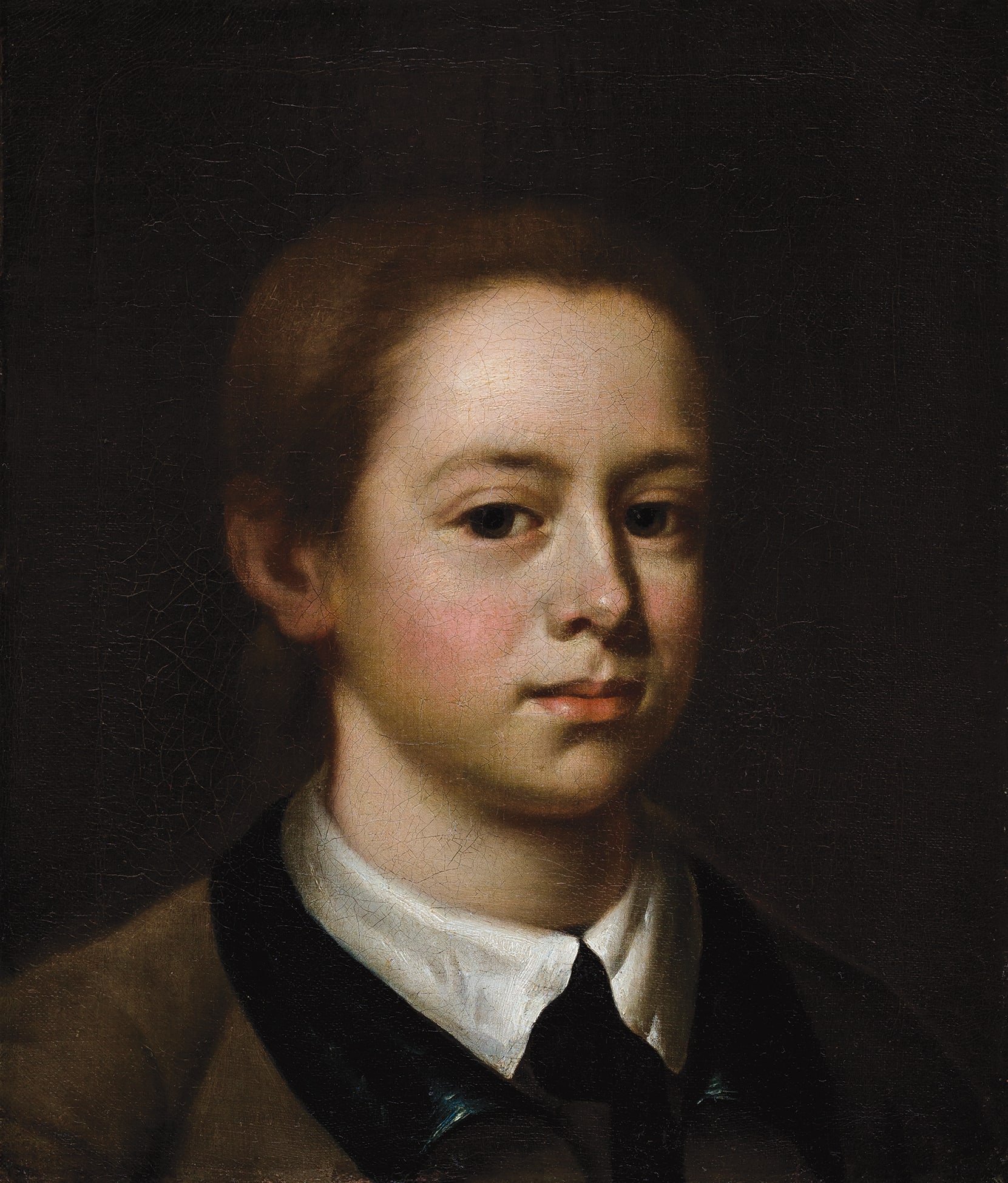Richard Puller on:
[Wikipedia]
[Google]
[Amazon]
 Richard Puller (1747–1826) was a prominent English
Richard Puller (1747–1826) was a prominent English
 Richard Puller (1747–1826) was a prominent English
Richard Puller (1747–1826) was a prominent English merchant banker
A merchant bank is historically a bank dealing in commercial loans and investment. In modern British usage, it is the same as an investment bank. Merchant banks were the first modern banks and evolved from medieval merchants who traded in commod ...
in London. He has sometimes been identified as the pseudonymous economic writer Piercy Ravenstone, considered a precursor of Karl Marx
Karl Marx (; 5 May 1818 – 14 March 1883) was a German philosopher, political theorist, economist, journalist, and revolutionary socialist. He is best-known for the 1848 pamphlet '' The Communist Manifesto'' (written with Friedrich Engels) ...
; but scholarly sources generally now follow the suggestion of Piero Sraffa
Piero Sraffa Fellow of the British Academy, FBA (5 August 1898 – 3 September 1983) was an influential Italian Political economy, political economist who served as lecturer of economics at the University of Cambridge. His book ''Production of Co ...
that Ravenstone was Richard Puller the younger (1789–1831), his son.
Life
He was the son of Christopher Puller (died 1789), also a prominent London merchant banker. His father was a director of theBank of England
The Bank of England is the central bank of the United Kingdom and the model on which most modern central banks have been based. Established in 1694 to act as the Kingdom of England, English Government's banker and debt manager, and still one ...
, while he was a director of the South Sea Company
The South Sea Company (officially: The Governor and Company of the merchants of Great Britain, trading to the South Seas and other parts of America and for the encouragement of the Fishery) was a British joint-stock company founded in Ja ...
;
Richard and Charles Puller, of 10 Broadstreet Buildings, were the London bankers of John Adams
John Adams (October 30, 1735 – July 4, 1826) was a Founding Fathers of the United States, Founding Father and the second president of the United States from 1797 to 1801. Before Presidency of John Adams, his presidency, he was a leader of ...
during the 1780s; Adams refers also to the firm as Conde & Puller. This was also the period of the Fourth Anglo-Dutch War
The Fourth Anglo-Dutch War (; 1780–1784) was a conflict between the Kingdom of Great Britain and the Dutch Republic. The war, contemporary with the American Revolutionary War (1775–1783), broke out over British and Dutch disagreements on t ...
, and Richard Puller acted as an agent in a case concerning a captured Dutch ship.
In later life Puller resided at Painswick Court in Gloucestershire
Gloucestershire ( , ; abbreviated Glos.) is a Ceremonial counties of England, ceremonial county in South West England. It is bordered by Herefordshire to the north-west, Worcestershire to the north, Warwickshire to the north-east, Oxfordshire ...
. He died there, on 5 December 1826.
Family
Puller married Selina Wall, daughter of Thomas Wall of Albury Park, Surrey. (Wall is so called. The Wall family of Albury Park were Charles Wall ofBarings Bank
Barings Bank was a British merchant bank based in London. It was one of England's oldest merchant banks after Berenberg Bank, Barings' close collaborator and German representative. It was founded in 1762 by Francis Baring, a British-born member ...
and his wife Francis, daughter of Sir Francis Baring
Sir Francis Baring, 1st Baronet (18 April 1740 – 11 September 1810) was an English merchant banker, a member of the Baring family, later becoming the first of the Baring baronets.
Early life
He was born at Larkbeare House near Exeter, son ...
; they were the parents of Charles Baring Wall
Charles Baring Wall (179514 October 1853) was at various times the Member of Parliament for Guildford, Wareham, Weymouth and Salisbury. Wall was initially a Conservative but shifted to the Whigs as an MP for Guildford. He then belonged to the Pe ...
, the Member of Parliament. The house was bought in 1811 from Samuel Thornton, sold in 1819 to Henry Drummond. Charles Wall's parents were Thomas Wall (1721–1812) and Elizabeth Ellis.) The following were their children:
* Sir Christopher Puller (1774–1824)
*Henry Puller (1782–1813), an officer in the Bengal Army. He died at Rangpur
Rangpur may refer to:
Places In Bangladesh
*Rangpur Division, one of the eight administrative divisions of Bangladesh.
*Rangpur District, district of Bangladesh in Rangpur Division.
*Rangpur, Bangladesh, metropolis and a major city in northern ...
.
*Richard Puller the younger (1789–1831). He is now the usual identification of the pseudonymous economic writer, Piercy Ravenstone. It has also been suggested that the elder Richard Puller might be Ravenstone, and this identification is made in the ''Oxford Dictionary of National Biography
The ''Dictionary of National Biography'' (''DNB'') is a standard work of reference on notable figures from History of the British Isles, British history, published since 1885. The updated ''Oxford Dictionary of National Biography'' (''ODNB'') ...
''.
*Harriet, who married John Norman Pearson.
*Charlotte Louisa
*Selina Eliza, the third daughter, married John Cholmondeley, rector of Brandiston. He was a brother of Sir Montague Cholmeley, 1st Baronet.
Notes
{{DEFAULTSORT:Puller, Richard 1747 births 1826 deaths English bankers English merchants